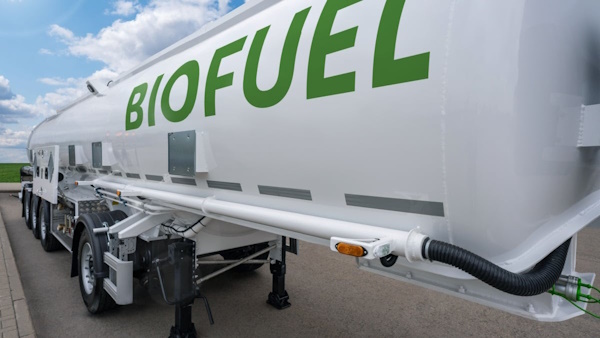Marine fuels blended with Cashew Nutshell Liquid biofuel
Shipping Industry Faces Fuel Challenges

The European Union and European Economic Area (EU/EEA) are tightening regulations on greenhouse gas (GHG) emissions from ships. As part of this effort, authorities are focusing on the GHG intensity of fuels used in vessels operating in EU/EEA waters. The shipping industry is urged to transition to low- to zero-carbon fuels, including biofuels like Cashew Nutshell Liquid (CNSL). However, recent reports indicate that CNSL blends may cause significant operational issues for ships.
Operational Challenges with CNSL Blends
Skuld, a maritime insurance provider, has reported a rise in operational problems among vessels using CNSL blends. These issues primarily involve the fuel system, leading to injector failures, clogged filters, heater malfunctions, fuel sludging, and deposit buildup. Such complications stem from the high presence of phenolic compounds, including cardol, cardanol, and anacardic acid, detected through advanced Gas Chromatography Mass Spectrometry (GCMS) testing of Heavy Fuel Oil (HFO) and Very Low Sulphur Fuel Oil (VLSFO) samples.
First STS operation for liquid cargo at Hambantota International Port
CNSL, a byproduct of cashew nuts, is considered a low-cost renewable fuel. However, its corrosive nature and poor combustion properties can lead to severe engine problems. The presence of phenolic compounds in CNSL blends can accelerate wear and tear on fuel pump components, create cracks in fuel systems, and diminish overall engine performance. This can result in a loss of power, posing risks to vessel operations.
To mitigate these risks, Skuld advises its members to exercise due diligence when procuring bunker fuels. It is crucial to conduct a thorough vetting process when selecting a bunker supplier. The latest version of ISO 8217:2024 should be referenced for testing bunkered fuel, particularly the specifications for Bio-Residual Marine Fuel. Additionally, a Certificate of Quality should be obtained before bunkering, and a comprehensive fuel analysis is recommended to detect any harmful compounds not identified in standard tests. Members are encouraged to reach out to Skuld’s Loss Prevention department for further guidance on this advisory.
